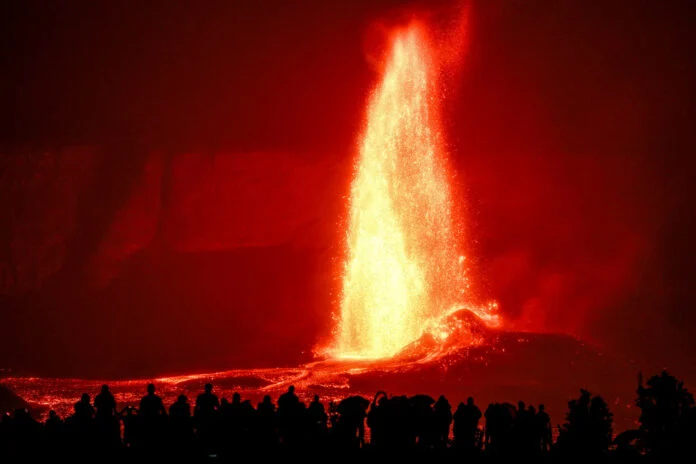Excavations in ancient city of Assos continue uninterrupted for 42 years, says head of excavations
CANAKKALE, Turkey
The remains of a 2,200-year-old Roman fountain have been uncovered in northwestern Turkey, archeologists at the ancient site of Assos said on Monday.
"According to our initial findings, we learned that it was a magnificent fountain structure. We know of many cisterns in Assos, but this is the first time we've come across a monumental fountain structure," dig site head Nurettin Arslan told Anadolu Agency.
"It's a very important structure in terms of urban architecture," said Aslan, who is also a professor at the Onsekiz Mart University in Canakkale province, where the ruins are located.
Underlining that the excavations at Assos have continued uninterrupted for 42 years, he said the current 30-strong team, including scientists and academics from Germany, were planning this season to unearth multiple cisterns added onto the ancient city's gymnasium.
The fountain they discovered was in front of these Roman-era cisterns, explained the archeologist, adding that it had been seriously damaged during the Byzantine period.
"Despite this, once the initial excavation is complete, we can re-erect the existing pieces and allow visitors to grasp the scene or appearance in front of the fountain a little better," he said.
Assos, also known as Behramkale, was one of the most important port cities of its era and is a crucial cultural heritage site dating back from the period of Roman rule in the region. It includes an ancient theater, agora, necropolis, and protective walls.
Located 17 kilometers (about 11 miles) south of the present-day town of Ayvacik, it was added to UNESCO's Tentative World Heritage List on April 15, 2017.
According to UNESCO, Assos was also a major Greek city-state, and maintained its regional importance until the Byzantine Empire.
Turkish archaeologists started excavations at Assos in 1981.







